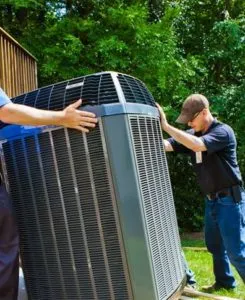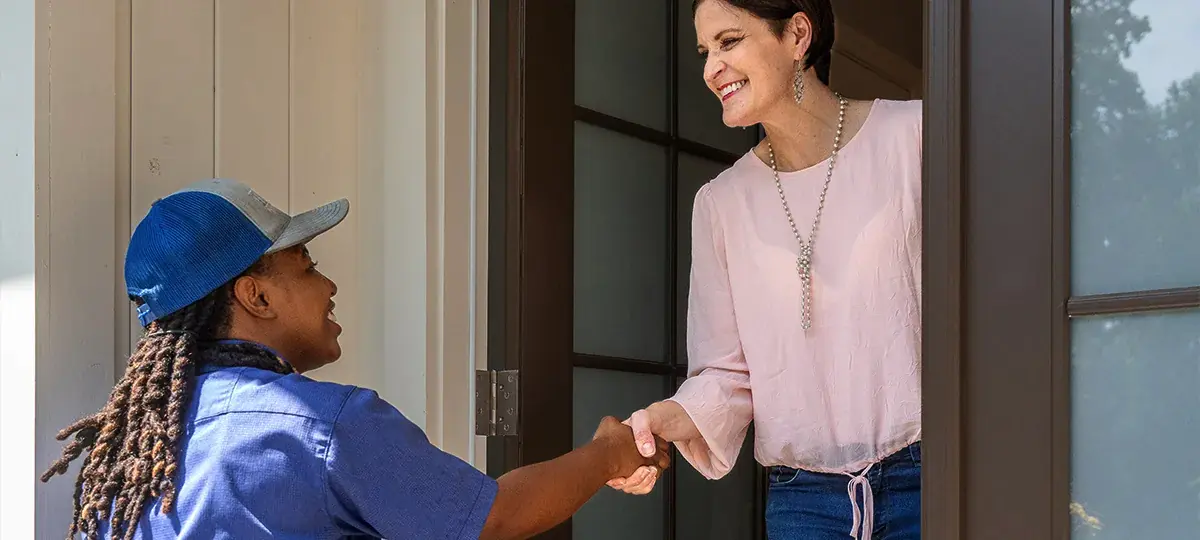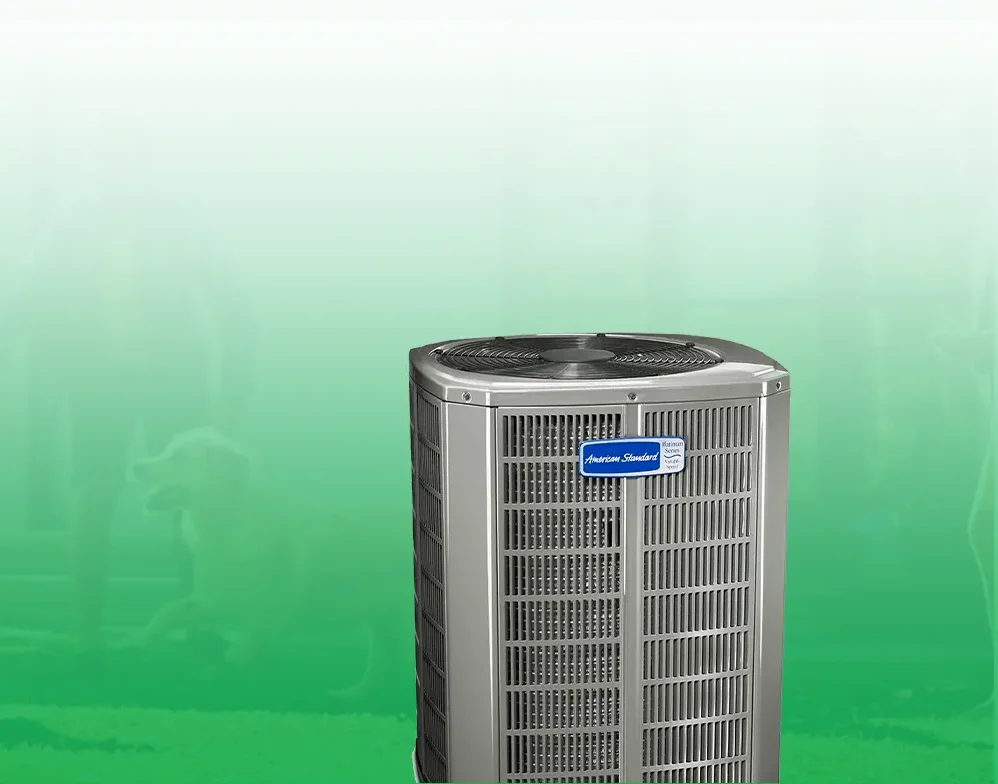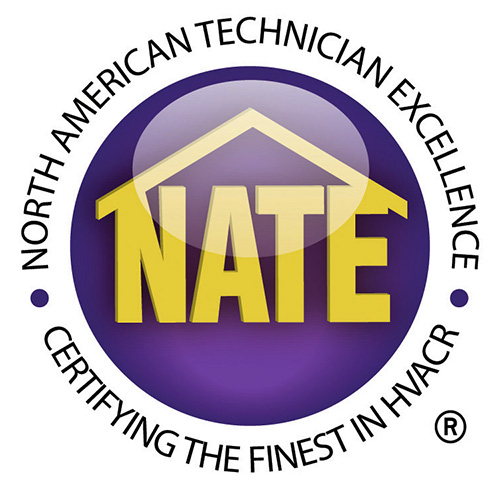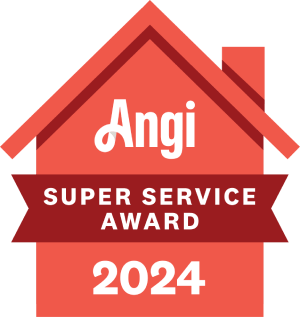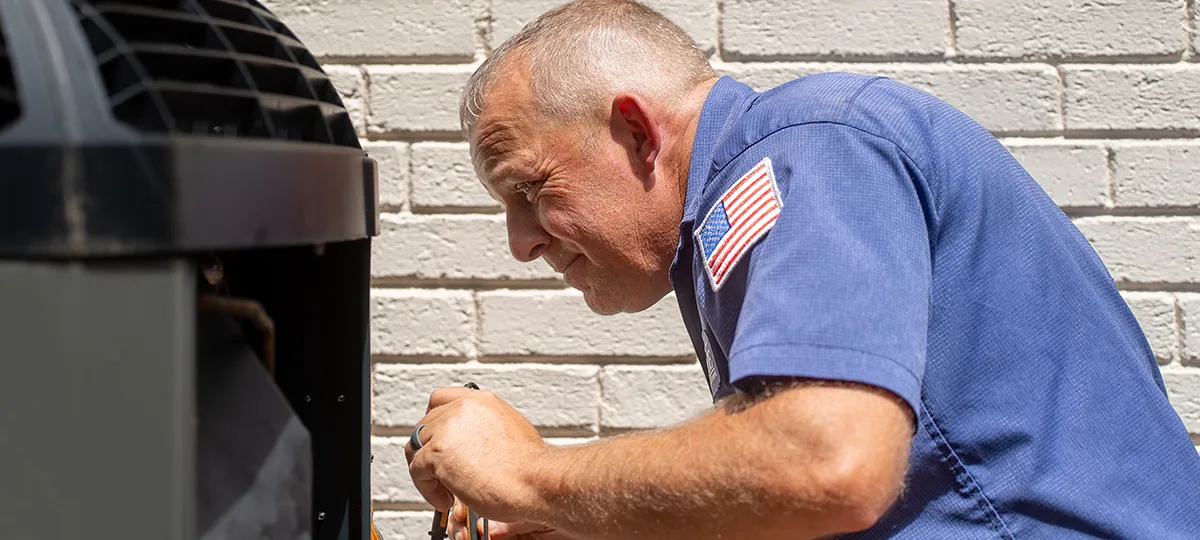When the sun blazes and the humidity clings, the last thing you want is to be caught without a reliable HVAC system. But as 2025 rolls in, homeowners are facing a new reality: HVAC system costs are on the rise. Whether you’re building a new home, replacing an outdated unit, or simply curious about the current market, understanding the factors influencing new HVAC system costs this year is crucial.
Why Are HVAC Costs Climbing in 2025?
Several factors contribute to the uptick in HVAC system prices:
- Refrigerant Regulations: The U.S. Environmental Protection Agency (EPA) has mandated a shift to low Global Warming Potential (GWP) refrigerants, such as R-454B. These eco-friendly options are more expensive and require new system designs, leading to increased costs of HVAC installation.
- Supply Chain Disruptions: Global events have strained supply chains, affecting the availability and cost of HVAC components.
- Labor Shortages: A shortage of skilled HVAC technicians has driven up HVAC installation prices.
- Inflation: General inflationary pressures have impacted the cost of materials and manufacturing.
Average HVAC System Costs in 2025
Understanding the typical price ranges can help you budget effectively for new HVAC system costs:
- Standard HVAC System: $5,000 – $12,500
- High-Efficiency or Luxury Models: $12,500 – $22,000
- Geothermal Systems: $20,000 – $100,000
Note: These estimates include both equipment and HVAC installation price.
What Influences HVAC Costs?
It’s important to remember that the price of a new HVAC system can vary greatly based on multiple factors. Here are the key elements that influence the final cost:
1. System Type
Different HVAC systems come with different price tags. The type of system you choose is one of the most significant factors that can impact your overall HVAC installation price. Here’s a quick breakdown:
- Central Air Conditioning Systems: This is the most common type of HVAC system. The cost of HVAC installation typically ranges between $3,000 to $7,000 for both equipment and installation.
- Ductless Mini-Split Systems: Ductless systems are perfect for homes without existing ductwork or areas where room-specific cooling and heating are necessary. Installation costs for these systems usually start at around $2,000 and can reach up to $10,000, depending on the number of units required.
- Geothermal Systems: While the upfront cost is considerably higher, geothermal systems are extremely energy-efficient. These systems can cost anywhere from $20,000 to $100,000, but they offer savings in long-term energy bills.
2. Size of the Home
Larger homes require more powerful systems or multiple units to ensure even heating and cooling throughout the house. Typically, for a larger property, you may need a larger HVAC system with a higher capacity, resulting in higher new HVAC system costs.
3. Energy Efficiency
The efficiency of your HVAC system directly impacts the cost of operation and, often, the initial purchase price. More energy-efficient models typically cost more upfront but can save you money in the long run.
- SEER Rating: The Seasonal Energy Efficiency Ratio (SEER) rating measures the cooling efficiency of an air conditioning system. Higher SEER ratings mean better energy efficiency, which is a great investment, especially for hot climates. However, these units usually cost more.
- AFUE Rating: The Annual Fuel Utilization Efficiency (AFUE) rating is used to measure the efficiency of heating systems. A higher AFUE rating means the system converts more fuel into usable heat, providing greater energy savings over time.
4. Installation Complexity
The complexity of your HVAC system installation can greatly affect the final HVAC installation price. Factors such as the need for additional ductwork, system design, or installation in tight spaces can add to the price.
- Ductwork: Installing new ductwork can increase the price by several thousand dollars. The complexity of the installation and the material used for the ductwork will also impact the cost.
- Permits and Inspections: Certain areas require permits for HVAC installation, and these can add to the overall HVAC installation price. Additionally, depending on the location, you may need to pay for inspections to ensure that the system is up to code.
5. Brand and Quality
As with most appliances, the brand of HVAC system you choose can impact the cost of HVAC installation. Premium brands that offer advanced technology, better warranties, and higher energy efficiency tend to have higher initial costs. However, they may provide better long-term value.
- High-Quality Brands: Systems from reputable manufacturers such as Trane, Carrier, and Lennox are known for their reliability and performance, but they come with a higher price tag.
- Mid-Range Brands: Brands like Goodman and American Standard offer solid performance at more affordable prices.
Long-Term Considerations
When considering the cost of HVAC installation, it’s important to look beyond the upfront price tag. While you may save money initially with a lower-cost system, you might end up spending more on energy bills and maintenance down the road.
1. Energy Efficiency Savings
One of the best ways to recoup the cost of HVAC installation is through energy savings. Over time, the energy-efficient models will reduce your heating and cooling bills, especially during the peak summer and winter months.
- Heat Pumps: Heat pumps are often touted as one of the most efficient HVAC systems available. Although they may cost more upfront, their energy efficiency means you’ll spend less on heating and cooling over time.
- Smart Thermostats: Installing a smart thermostat alongside your new HVAC system can help optimize energy use and reduce your utility costs. These devices learn your temperature preferences and adjust the system accordingly, helping to avoid unnecessary heating or cooling when you’re not at home.
2. Maintenance Costs
Another factor that affects the cost of owning a new HVAC system is ongoing maintenance. Most HVAC systems require regular service to maintain peak performance and efficiency.
- Annual Service: HVAC experts recommend scheduling annual maintenance for your system to ensure it runs smoothly and efficiently. Regular service helps identify issues early on, potentially saving you from costly repairs in the future.
- Repairs: Like any other mechanical system, HVAC systems can break down. The cost of repairs varies depending on the issue, but it’s wise to have a maintenance plan in place to keep repair costs low.
3. Warranty and Lifespan
Warranties can greatly influence the total cost of HVAC installation. Look for systems that offer long-term warranties on parts and labor, as this can help offset some of the maintenance or replacement costs.
- Standard Warranty: Many HVAC systems come with a 5- to 10-year warranty on parts, but labor may not always be included.
- Extended Warranties: Some brands offer extended warranties for a fee, which can provide additional peace of mind in case your system breaks down after the standard warranty period expires.
Is It Worth the Investment?
Given the current new HVAC system costs in 2025, the investment can seem steep. However, when you factor in the long-term energy savings, improved comfort, and potential home value increase, a new HVAC system is often a worthwhile investment.
Additionally, as technology continues to improve, newer systems offer better energy efficiency and comfort control than older models. These upgrades not only make your home more comfortable but also contribute to a more sustainable environment.
As 2025 unfolds, HVAC system costs will continue to rise due to a combination of factors, including refrigerant changes, supply chain disruptions, and increased demand. While the cost of HVAC installation may seem daunting, considering energy efficiency, long-term savings, and increased home comfort can make the investment worthwhile.
Choosing the right system for your needs, maintaining it regularly, and taking advantage of the latest technology will help you get the most out of your HVAC system while keeping your home comfortable year-round.
Before making any decisions, it’s essential to get multiple quotes from reputable HVAC contractors to ensure you’re getting the best value for your investment.
Ready to Upgrade Your HVAC System?
At Horne HVAC, we’re dedicated to providing you with top-quality HVAC systems that fit your home and your budget. Whether you’re looking to install a new system or replace an outdated one, our team of experts is here to guide you through the process. Don’t wait until the heat or cold becomes unbearable—contact us today for a free consultation and let us help you find the perfect solution for your home’s comfort and efficiency. Trust Horne HVAC for reliable service and expert installation every time.

